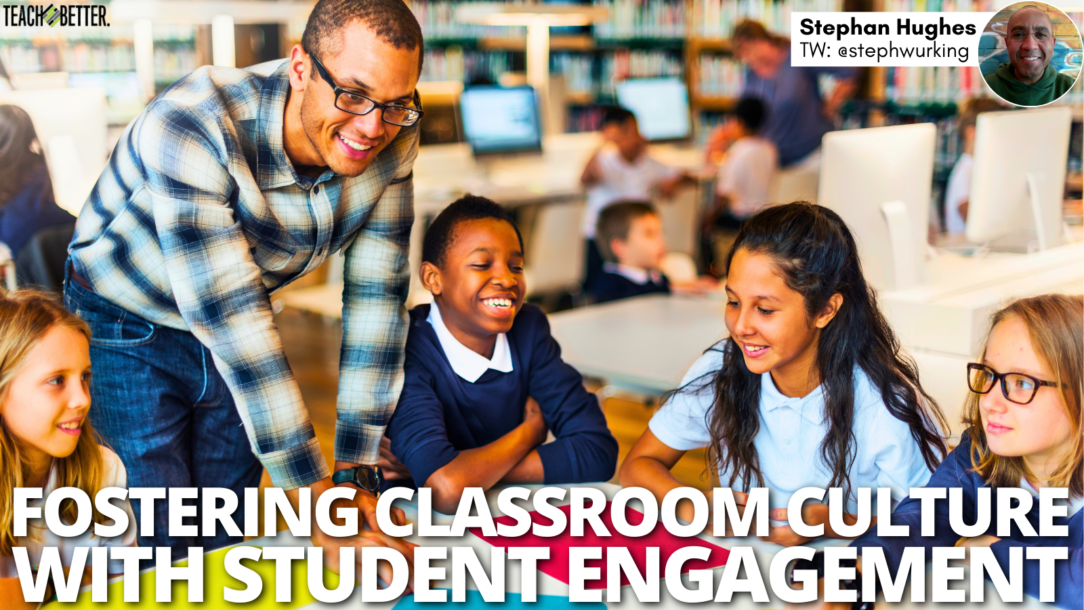TL;DR: Juneteenth, on June 19th, marks the end of slavery in the US, yet its significance is often overlooked. Teaching Juneteenth promotes holistic historical education, cultural awareness, empowerment, and social justice. Integrating Juneteenth into the curriculum enriches students’ understanding of American history and fosters inclusivity. Juneteenth, celebrated on June 19th, marks a pivotal moment in American history. Known as our … Read More
Teaching About Flag Day in America
TL;DR: Flag Day commemorates the adoption of the American Flag, fostering patriotism and civic awareness. Teaching about Flag Day enhances cultural awareness and encourages civic responsibility. Resources from EDSITEment, Smithsonian Education, National Archives, and more aid in creating engaging lessons. Flag Day, celebrated on June 14th, is an important day in American history. It commemorates the adoption of the American … Read More
3 Keys To Supporting Learner Agency
TL;DR: Learner Agency involves students setting goals, reflecting, and applying skills in new contexts, with productive struggle enhancing retention and deeper understanding. Scaffolding, Project-Based Learning, and amplifying student voice through interactive methods are key strategies to foster learner agency and self-regulation. Focusing on employability skills such as analytical thinking, creativity, and resilience, education must shift to more engaging, independent, and … Read More
Food for Thought: Shrimp Scampi and Standards-Based Grading
TL;DR: Standards-based grading is like shrimp scampi: great when done right, frustrating when done poorly. It is essential to understand what stands-based grading is if we are going to use it to make a difference. Insist on quality professional learning and ongoing support to make sure SBG is implemented with integrity. One of my wife’s favourite dishes to order whenever … Read More
Fostering Classroom Culture with Student Engagement: A Reflection
TL;DR: A student asked about using ChatGPT for book summaries, initially innocently. The situation escalated as it’s revealed some students use ChatGPT to study. The teacher reflects on a missed opportunity for positive classroom discussion about AI use and maintaining a respectful atmosphere. “Sir, is it okay if we use Chat GPT to read the summaries of the book?” The … Read More





